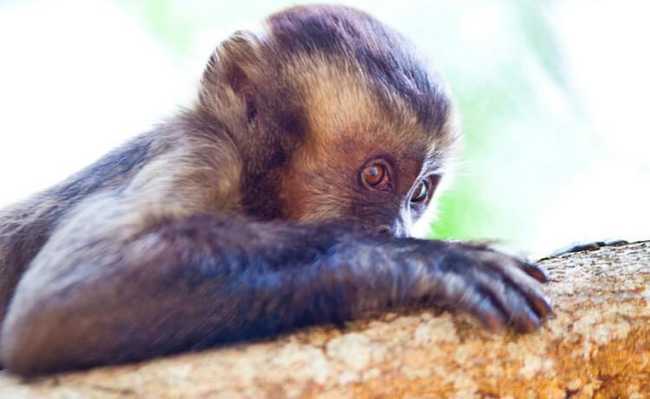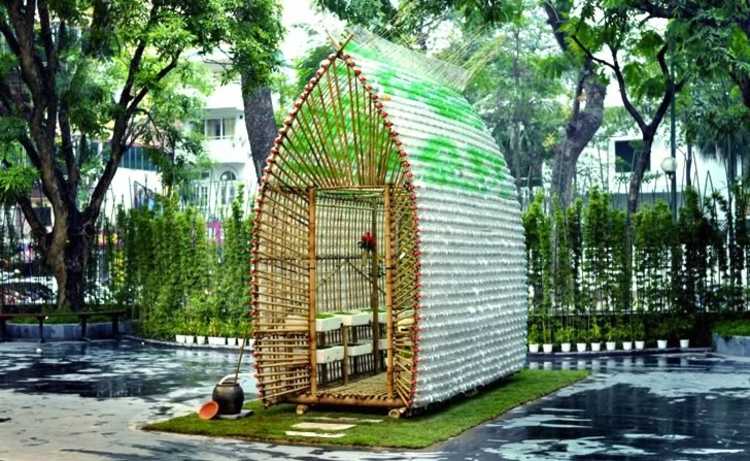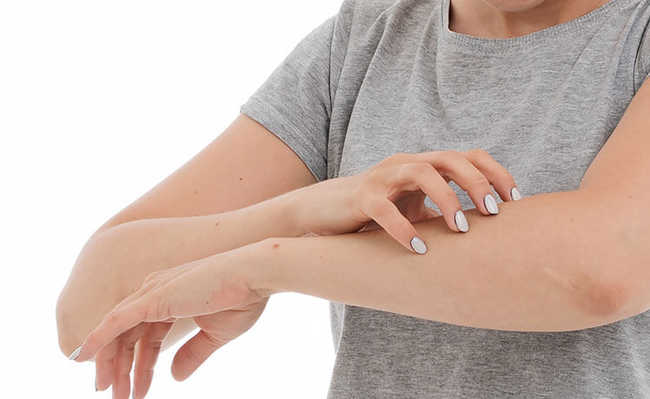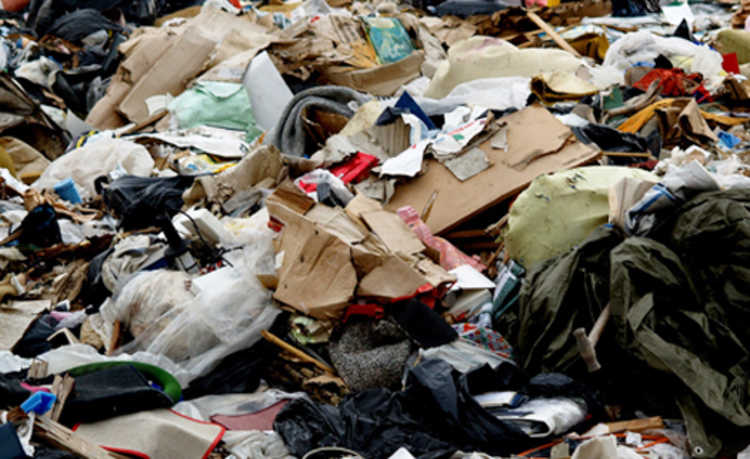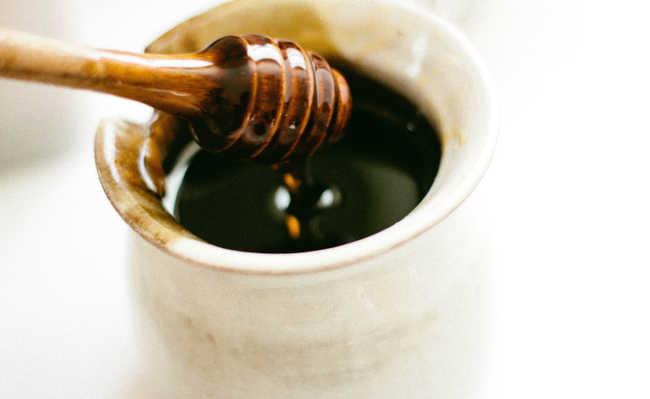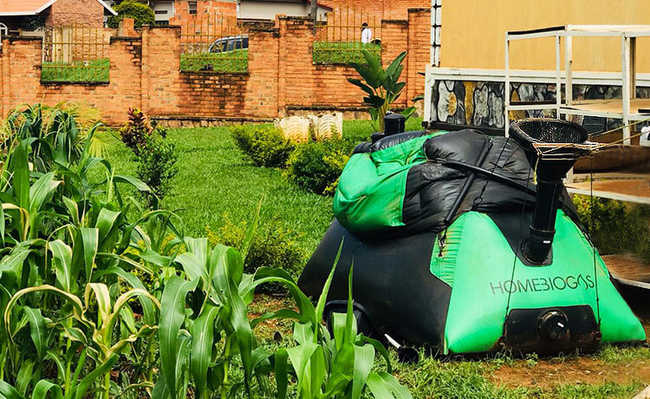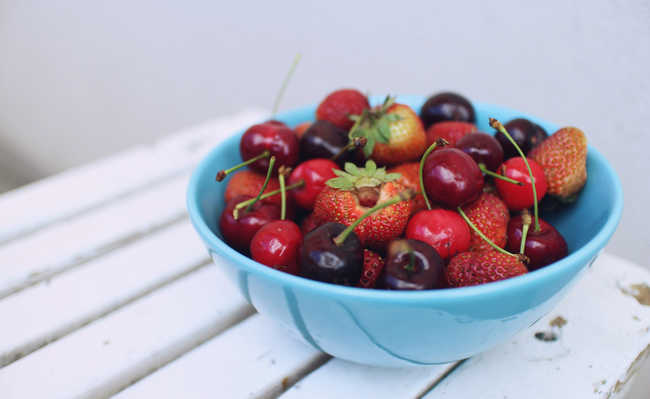Ecocide: ecological suicide of bacteria to humans
The term is new, but the practice of ecocide has been going on for a long time, among the most diverse beings

Edited and resized image by Aryan Singh is available on Unsplash
Ecocide, also called ecological suicide, is a term that refers to the extinction of a population caused by an imbalance between the availability of natural resources and the form of consumption. The most emblematic example of ecocide is the case of the inhabitants of Easter Island, who died as a result of mismanagement of the natural resources on which they depended for their livelihood. But ecological suicide can also happen to populations of other species.
Many animals are capable of altering their habitat to the point of destroying it. Bacteria of the genus Paenibacillus, for example, significantly lower the pH of their environment. When population densities are high, they make the environment so acidic that it results in the rapid and complete eradication of the microbial community. According to a study published by the journal Nature, this phenomenon happened to a quarter of the bacterial strains tested.
In the 1930s, one of the founders of ecology, WC Allee, noted that, for many species, fitness increases with population density. However, later studies have shown that the opposite appears to be true - low-density populations thrive while high-density ones are destined for ecological destruction.
Even more surprising is the finding that substances used to kill bacteria - like antibiotics in medicine, or salt and ethanol in food preservation - can actually save populations of these bacteria and allow them to grow.
But how could evolution lead to such a situation?
Ecocide may be linked to something more threatening - evolutionary suicide. It is believed that the extinction of a species occurs when the environment changes and it is unable to adapt. Evolutionary suicide is an alternative explanation, in which evolution selects adaptations that are beneficial to individuals but fatal to species. Researchers on the topic suggest that bacteria may have evolved to metabolize nutrients quickly, but producing acidic by-products: in an environment where nutrients are scarce, this has advantages for the individual, but creates problems for the group when population density increases.
It would be very helpful for us as humans to understand these examples as a warning rather than a preview of our fate. By polluting the air or throwing toxic substances into the water, humanity is slowly killing itself, as well as some bacteria created in the laboratory whose acidic secretions end up making its own life impossible.
- 40% of America's biodiversity is threatened by human action, says report
- What is the origin of the plastic that pollutes the oceans?
- What are positive and negative externalities?
In addition to the lack of food or the depletion of natural resources that cause the species to become extinct, ecocide can also occur for reasons such as the lack of collaboration between species or populations. This was the case for the Norse who lived in Greenland and refused to interact and learn from the Inuit, Eskimos with whom they shared the island between 984 AD, when they arrived there, and the mid-fifteenth century, when their society collapsed and disappeared. .
University of California biogeographer Jared Diamond and author of the book Weapons, Germs and Steel, says his students ask him how the inhabitants of Easter Island did not realize what was happening and what they said when the last palm tree in the place was destroyed. The reflection is also valid for today's human actions, reflects a professor in a lecture on TED Talks: if such actions seem unbelievable in the past, he says, "in the future it will seem unbelievable what we are doing today", referring to the increase from air pollution, climate change and short-term choices motivated by the merely economic interests of minority elite groups.
The phenomenon of ecocide is not new, but it is little studied. The study published in the journal Nature on bacteria of the genus Paenibacillus sp. showed that when fed with sugar and nutrients in abundance (in the laboratory), they eat wildly and begin to reproduce at an absurd speed. The problem is that digesting all these carbohydrates has side effects.
An acidic remnant of the chemical reactions that take place inside the bacteria soon begins to accumulate - it is as if they were swimming in their own feces, as they are isolated cultures in the laboratory. The acidic pH makes the environment inhospitable to the bacteria themselves and, in less than 24 hours, all microorganisms are dead.
The only way scientists have found to prevent ecocide is to apply an acid-absorbing compound (a buffer). A small portion of buffer keeps the bacteria alive for 48 hours, while the amount needed to completely avoid acidification of the medium allows the bacteria to stay alive, in which case they stop growing when the food runs out but do not die. In other tests, it was found that, with less food supply, the bacteria go into hibernation when the food runs out, but remain alive, since they do not produce enough acid for their suicide.
It seems contradictory, but the research results show that worsening the life conditions of bacteria can save them from ecocide. The study, published in the journal Nature, also indicates that the phenomenon of ecological suicide is not uncommon even in soil-dwelling bacteria. The researchers found that it occurs in 25% of the 118 species analyzed.
Although humans and bacteria are very different groups, the question that remains is: are we, like bacteria, consuming available natural resources too fast and leaving a trail of destruction that could end up destroying the minimal conditions we need to survive? Restricting some of the "advantages" of the modern world, such as consumption of food of agricultural origin, packaging and products of the most varied types of plastic (which end up in the sea), vehicles powered by fossil fuels and even the ultra-processed foods we eat, can be a good idea to keep our ecosystem clean? How about we start with conscious consumption?


